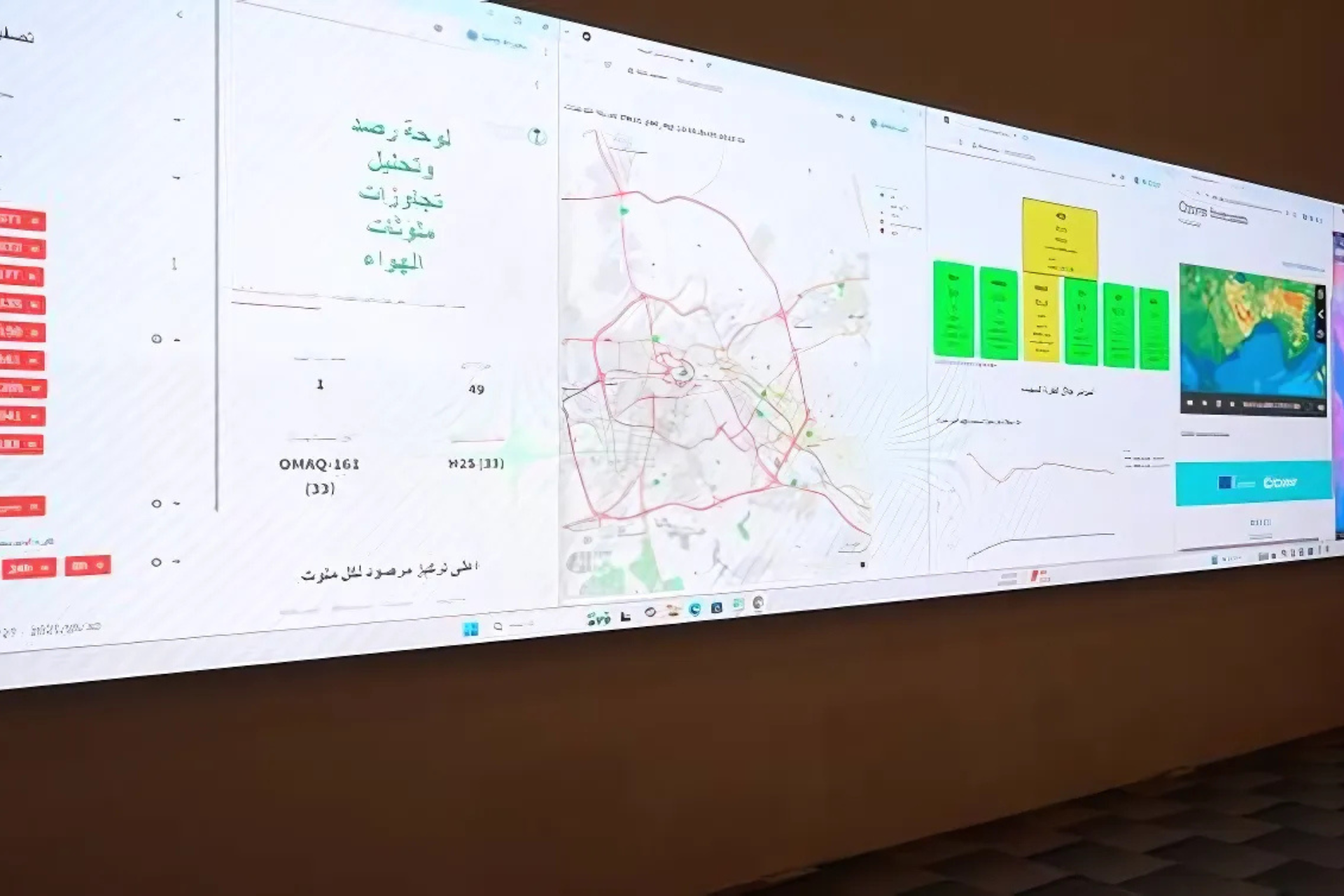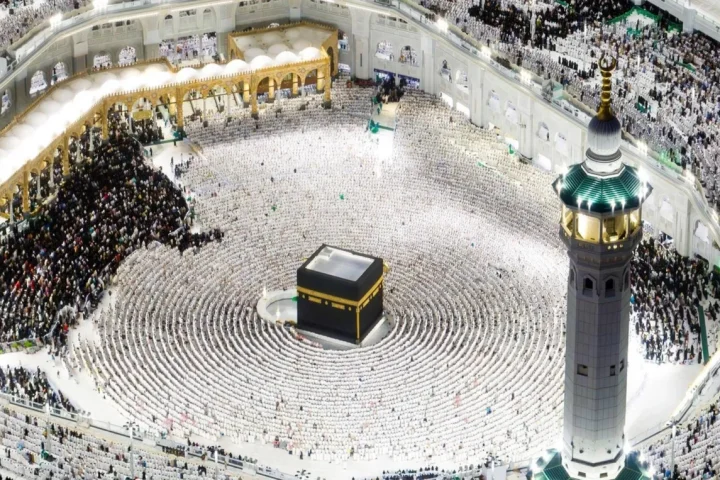As part of Saudi Arabia’s ongoing efforts to elevate the quality of services provided to millions of pilgrims, the authorities have deployed advanced environmental monitoring technologies during Hajj 2025.
These initiatives aim to ensure a safe, clean, and sustainable environment at the holy sites, effectively managing the challenges posed by large crowds and extreme weather conditions.
The technology includes sophisticated remote sensing systems categorized into passive and active types. Passive sensing captures sunlight reflections from surfaces to assess air and atmospheric quality, while active sensing involves emitting signals from satellites to generate detailed environmental imagery.

Together, they allow real-time analysis of air pollution, water cleanliness, and soil conditions across pilgrimage zones.
These tools help environmental teams detect hazardous areas early and respond proactively, minimizing health risks for pilgrims and ensuring optimal environmental conditions.
Portable devices and smart tools have also been provided to field teams, empowering them with immediate data and rapid response capabilities.
This proactive and tech-driven approach reflects a broader national strategy for sustainability and public health.
It underscores the Kingdom’s commitment to leveraging innovation and smart infrastructure in alignment with Vision 2030, where environmental protection and human welfare are key pillars of national development.
Read More: Massive Transport Plan for Hajj 2025: 4,900 Train Journeys to Serve 2 Million Pilgrims in 7 Days

















